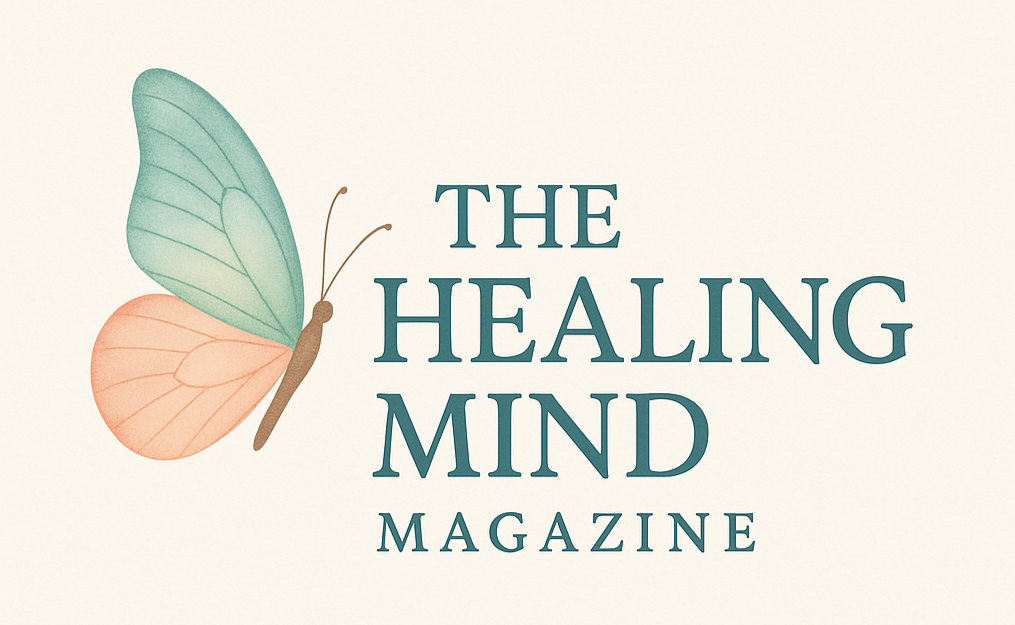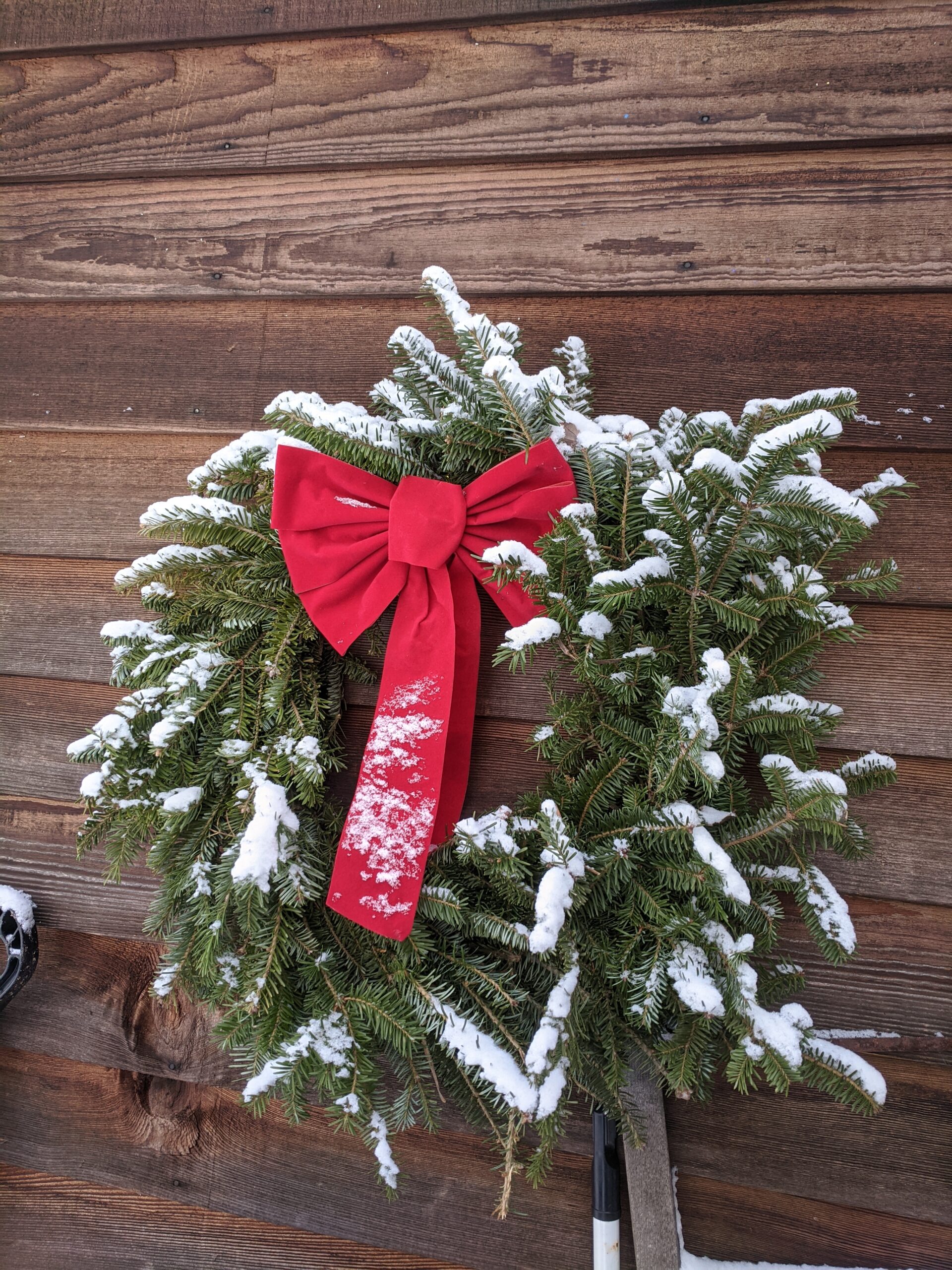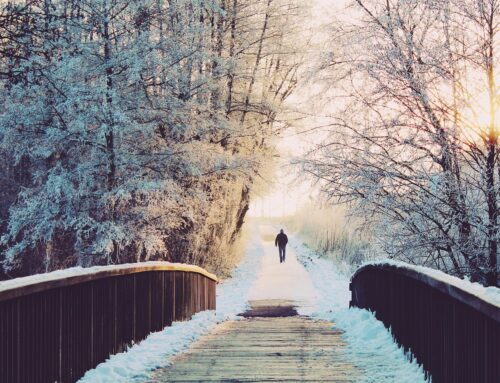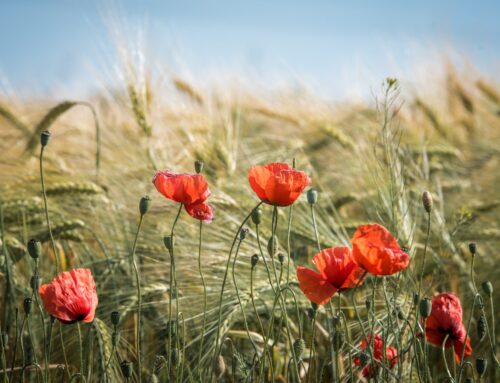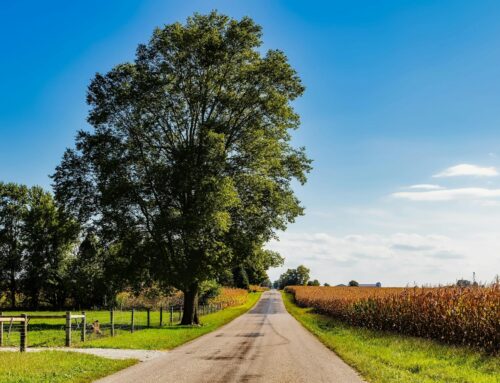Against the Elements
Jake had always thought of himself as resilient. A full-time job in the city, long hours, and the constant grind had taught him how to push through anything. But nothing could prepare him for the sheer force of nature when he decided to leave it all behind and live off the grid.
He traded his apartment and suits for a small plot of land in the mountains, where towering pines whispered in the wind and a creek ran clear and cold. The idea was romantic—live simply, reconnect with nature, and escape the chaos of modern life.
Reality, however, was humbling.
The first storm hit within a week of his arrival. Rain pounded the tin roof, and winds threatened to rip the shutters off his tiny cabin. Water pooled around the foundation, and the woodpile he’d stacked so neatly was soaked through. Jake spent the night holding a flashlight between his teeth, nailing tarps to the walls, and praying the roof wouldn’t cave in.
The next morning, he stood ankle-deep in mud, staring at his ruined woodpile. The damp air seeped into his bones, and for the first time, he realized just how unrelenting nature could be.
Adjusting to the elements wasn’t just about enduring the weather—it was about anticipating it. He spent hours chopping and stacking wood under a makeshift shelter, waterproofing every crevice of his cabin, and digging trenches to redirect rainwater. Each task was urgent, essential, and utterly exhausting.
There was no clock to punch out from this life. The work didn’t end when the sun set. Instead, it slowed, forcing Jake to match its pace. His mornings started early, stoking the fire before the frost melted. Afternoons were spent patching leaks, repairing tools, and planting seeds he hoped would take root before the next frost.
Slowing down wasn’t a choice; it was survival. A careless moment could mean hours of extra work. Forgetting to cover the wood meant no heat. Failing to secure the chicken coop meant no eggs—and no chickens.
But as the days stretched into weeks, Jake found a rhythm. The hum of modern life was replaced by the crackle of the fire, the rustle of leaves, and the steady rhythm of his own breath. The labor was unending, but so was the satisfaction. Each chore became a small victory: the first warm loaf of bread from the wood stove, the creek water running clean through a handmade filter, the crackling warmth of a fire on a frigid night.
Jake’s full-time job had shifted, but the rewards were unlike anything he’d experienced before. The elements were no longer enemies to battle—they were forces to understand, respect, and work alongside.
And as he stood one evening, watching the sun dip behind the mountains, Jake realized he hadn’t just learned to live with the elements. He’d learned to live.

Mary Smith – Writer – Finance, Relationships, Our Companions, Art & Culture
